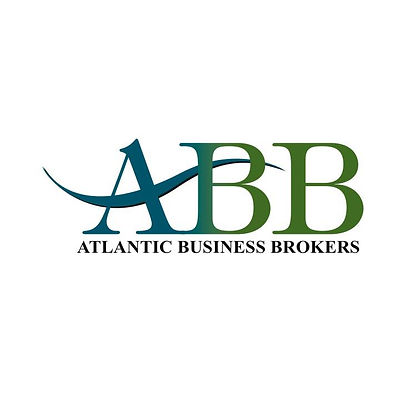What is My Business Worth?
- biz4salebroker

- Jul 26, 2019
- 2 min read
Updated: Jan 14, 2020
The age old question every business owner wants to know, what is my business worth?
What is my business worth?
That is the first question I get asked every time I meet or talk to a business owner and the answer remains the same, a business is worth what a ready, willing and able buyer is willing to pay and what a seller will accept, it's that simple. Well, it can't be that simple, or can it? Of course, there are multiples of cash flow, multiples of EBITDA, multiples of gross income, goodwill, equipment value and it goes on and on, but at the end of the day a serious buyer that is ready, willing and able to buy a profitable business will ultimately set the value. Don't get me wrong the multiples and formulas are going to play a big role in the asking price and establish a price point, but at the end of the day a solid buyer and a seller with realistic expectations will be the real factor in negotiating the final selling price.
How to determine the Value of a Business
Now let's take a look at some of the methods used to determining the value of a small business. For the most part, the pricing of a small business is based on the sales and earnings of the most recent 12 months. However, another major factor is whether a seller will finance a portion of the selling price. If a seller is willing to hold some financing the price will be higher and if not generally the price will be lower. A good general rule is, the lower the down payment, the higher the full price and a seller who demands an all-cash transaction will, in most cases, get a lower full price.
Valuation of a business based on sales: One of the common methods used is a percentage of annual sales or the last 12 months of revenues/sales. For example, a pizza shop with sales of $100,000 for the last year and the multiple of 35% of annual sales, then the price based on the rule of thumb for that industry would be $35,000. This is a simple formula and very easy to use and despite it's simplicity, it is a lot more accurate than most people think.
Valuation of a business based on a multiple of earnings: This method, in pricing small businesses, uses a multiple (generally between 1and 5 times) against what is termed Sellers Discretionary Earnings (SDE). SDE is also called Cash Flow, Sellers Cash Flow, Owners Cash Flow or other similar terms that are used.
Sellers Discretionary Earnings (SDE): The earnings of a business plus the following items:
income Taxes
non recurring expenses
depreciation and ammortization
interest expense
non-operating expense
owners compensation after adjusting the compensation to market value
The SDE calculation will assume a buyer will replace the the current owner. For example if a business has an SDE of $100,000 and the industry rule of thumb for that business is 2x based on cash flow then the business would sell for $200,000. Again, a simple formula and very easy to use.
These are two basic rules of thumb in determining the value of a small business.
#sell your business, #time to sell your business, #business value, #business broker, #sell my business, #what is my business worth












Comments